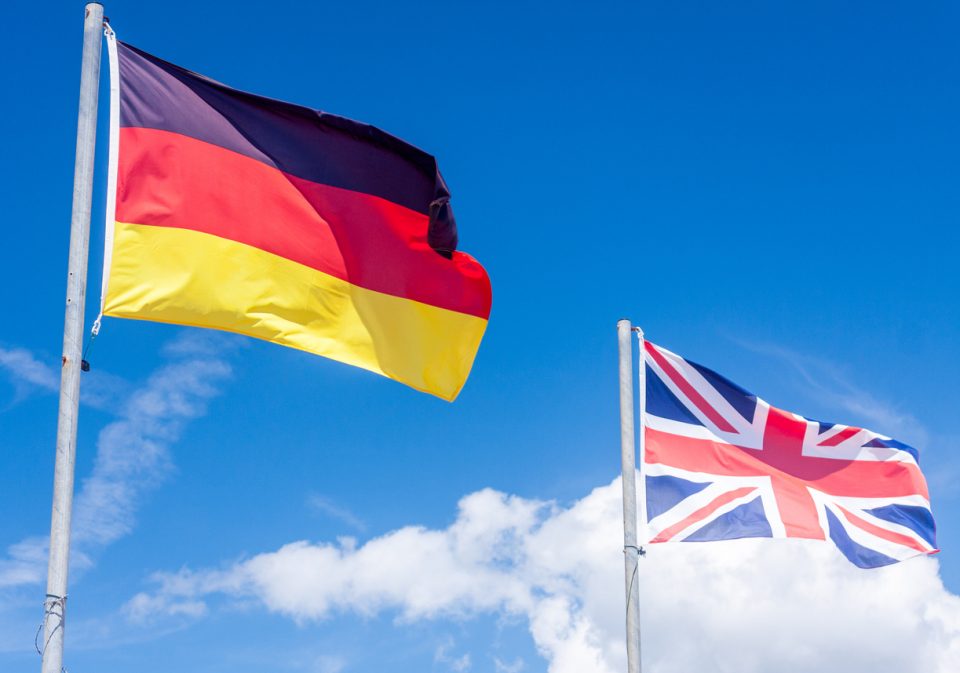The British Chambers of Commerce (BCC) and the Association of German Chambers of Commerce (DIHK) highlighted that indecision over crucial business matters needs to be controlled.
The issues that demands immediate attention are workers’ rights, tax and customs arrangements. DIHK further mentioned that the shot in the dark situation made adverse effects on German firms which were doing business with the UK.
To take the reign of the businesses in their hands, both BCC and DIHK have agreed to come on terms to strengthen their mutual trust that would help in building commerce.
The third round of Brexit negotiations was supposed to resolve a number of critical issues, but didn’t meet the desired ends.
“There is real business appetite from both sides for a focus on practical, day-to-day business concerns, and a desire for clarity on future trading arrangements,” said Director General of BCC, Dr Adam Marshall.
“The UK and the EU must begin work on transitional arrangements, particularly on customs, so that firms on both sides of the Channel have the confidence to make investment decisions.”
Most BCC members mentioned that they want at least a three-year transition period.
The UK and Germany have so far built a strong bond of trade. While the former is the third largest market for Germany’s exports, the latter is the UK’s second largest market for exporting goods and services. To add more to the UK-Germany trade bond, German firms employ around 400,000 workers in the UK and the UK firms employ around 220,000 workers in Germany.
DIHK Chief Executive, Martin Wansleben mentioned the concern that the German companies had about the adverse effects that Brexit would bring; creating more trade barriers such as extra bureaucracy and stricter border controls that would lead to higher costs.
“The terms of exit are still completely unclear. Many of our members are reporting that they are already shifting investments away from the UK in anticipation of these barriers,” he added.

